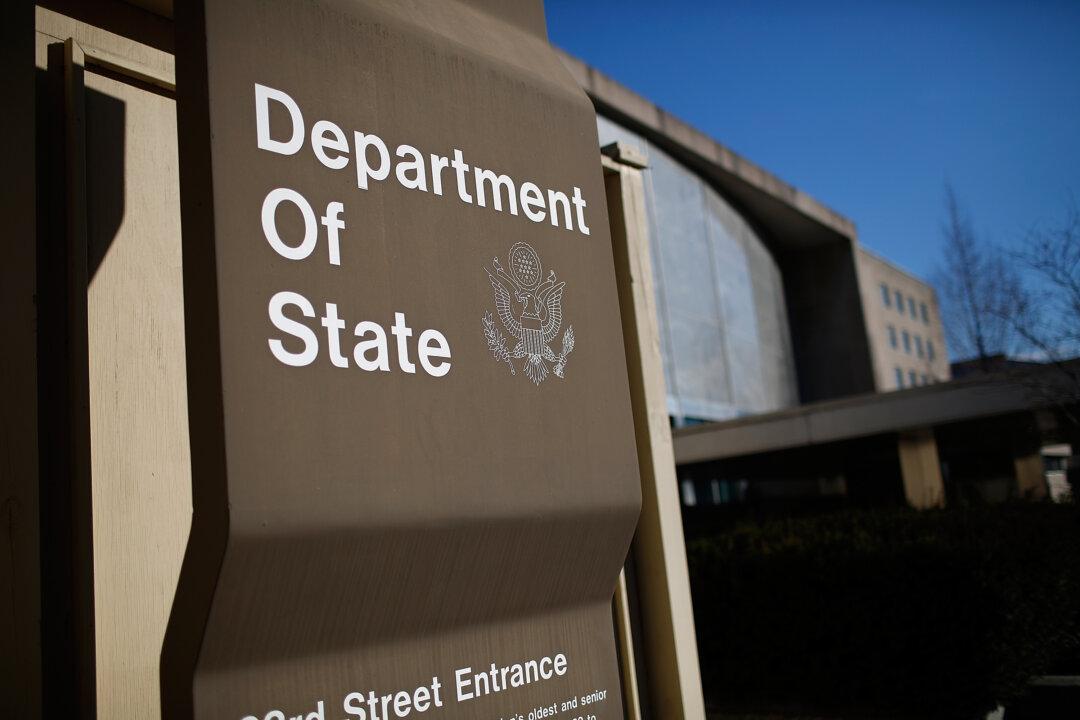A State Department team that is focused on misinformation and disinformation meets regularly with Big Tech companies, including Twitter and Facebook, an official said in a recent deposition.
Daniel Kimmage, the principal deputy coordinator of the department’s Global Engagement Center (GEC), said that the team would exchange information during the meetings, including providing social media firms with details on how foreign actors such as Russia and China promote “propaganda and disinformation.”





